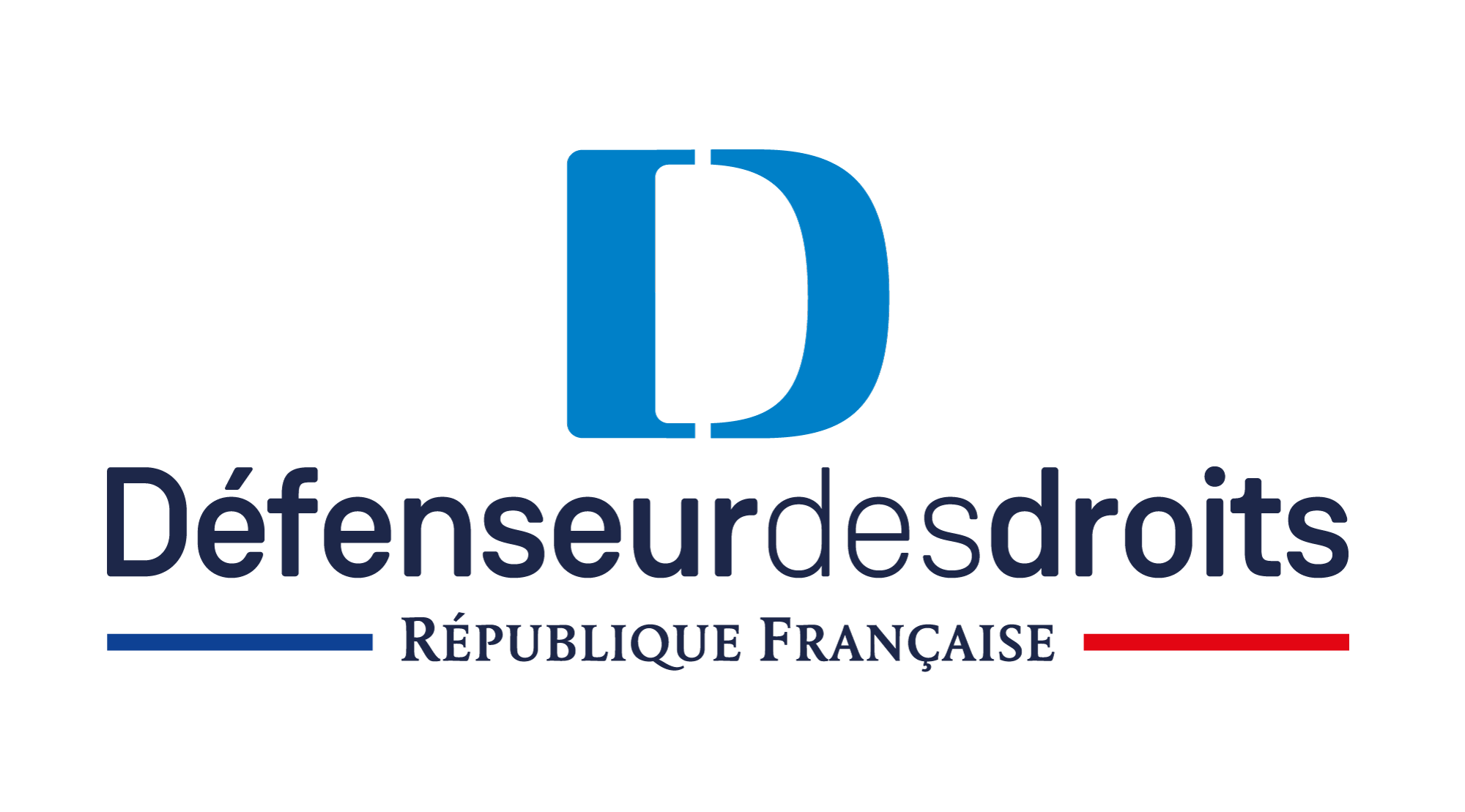
Defender of Rights
The constitutional reform from 23 July 2008, adding article 71-1 in the Constitution, created the Defender of Rights. This independent constitutional authority reunites the missions previously assigned to four different authorities : the High authority for the fight against discrimination and for equality (HALDE), The Defender of Children, the Republic Mediator and the National Commission for police ethics (CNDS).
The organic law n°2011-333 and ordinary law n°2011-334 from 29 March 2011 specified the status, missions, powers and resources of this new institution.
.
Assisted by three deputies and a General Delegate for mediation with public services, the Defender of Rights sets up a preventive action to promote rights and equality and ensures the respect of individuals’ rights and freedoms by dealing with the individual complaints that he receives.
He is in charge of defending people’s rights and freedom within the framework of individuals’ relationships with public services, as well as defending and promoting children rights and best interests, fighting against discriminations (direct or not), and ensuring the respect of ethic by police and security forces.
.
More precisely, concerning security and police ethics, the Defender of Rights has the powers to investigate on the complaints he receives by any people who thinks that he/she has been a victim or a witness of an abusive behaviour by any security forces member.
Conditions to lodge a complaint to the Defender of Rights
Who can complain to the Defender of Rights ?
A complaint can be sent to the Defender of Rights either directly by the victim or witness, or by one of the Defender’s local delegates.
Every members of Parliament and French representatives at the European Parliament can also refer a case to the Defender of Rights.
Finally, the Defender of Rights can, by himself, open a case when he thinks it is necessary. He has done it a few times on cases about death circumstances during a police intervention, or detained person’s death, as well as cases of police interventions with use of weapons which led to severe injuries.
.
Who can be targeted by the Defender’s investigations ?
The Defender of Rights is competent to investigate on complaints concerning any member of the following security forces :
• National and city police;
• Militaries and gendarme;
• Penitentiary administration agents;
• Customs officers;
• Security officers in public transports;
• Security agents in private companies, etc.
.
What are the abusive behaviours that can be reported to the Defender of Rights ?
• a disproportionate use of force;
• a behaviour unworthy of the function (inappropriate language or gesture, insult, threat…);
• an abusive body search;
• an identity checks in abnormal conditions;
• difficulties to lodge a complaint;
• the challenge of a constraining measure or deprivation of liberty (arrest, search, custody…).
The Defender of Rights powers
When they receive the complaint, the Defender’s services first assess if the case is admissible. When it is, they will then send if to the department of police ethics which will deal with the case according to its nature and the complainant’s expectations. The Department’s agents (called mediators) are authorized by the general prosecutor to go investigate on the spot and are subject to professional secrecy.
The Defender’s investigation does not change prescription periods in court. The Defender does not substitute himself to justice, internal investigations by administrations or hierarchy examinations.
.
The Defender’s investigative powers
To deal with the complaints he receives, the Defender of Rights is given extensive investigative powers. He is given the opportunity to interview the complainant, witnesses and security forces agents targeted by the complaint. He can access every relevant information for his investigation and professional secrecy can not be used to refuse him to do so (except when concerning national defense, the State safety or foreign affairs).
.
The Defender of rights can go on the spot to do verifications and public authorities can not stop him when these verifications are motivated by a complaint on police ethics.
.
Anyone who is solicited by the Defender of Rights cannot refuse to comply with his request: the Defender can send a formal notice setting a deadline for him to get access to any information, audition, or explanation request that he needs. In the case of someone who would refuse to comply, the Defender can refer the matter to a Judge in Chambers, so that he will take the necessary measures.
.
The Defender of Rights powers to follow up on investigation
The jurist’s investigation leads to a written decision and, in cases of proven misconduct, general or individual recommendations in order to prevent that such misconduct happens again. These recommendations can bear upon:
• the necessity to engage disciplinary actions against the agent;
• a modification of texts;
• a change in practices.
.
The decision is sent to the complainant as well as the higher hierarchic authority which is required to answer to the Defender’s recommendation before a fixed deadline.
If the deadline is not respected, the Defender of Rights has a power of injuctions which enables him to order the authority to take the necessary measure before a fixed deadline. If this injunction is not respected, the Defender of Rights can issue a special report in the Official Journal.
When the facts let him believe there has been a criminal offence, the Defender of Rights can refer the matter to the Republic Prosecutor. Moreover, he can makes observations in front of the judge.
The Defender of Rights therefore enables to provide a concrete solution to the complaint he receives, which can go from simply providing information to leading to an amicable resolution. When fundamental rights are at stake, the Defender of Rights can carry out an investigation, ask for sanctions against the author of the violation, or present its point of view in front of the judge
Contact
Website : https://www.defenseurdesdroits.fr/
Lodge a complaint online : https://formulaire.defenseurdesdroits.fr/code/afficher.php?ETAPE=accueil_2016
Telephone : +33 9 69 39 00 00